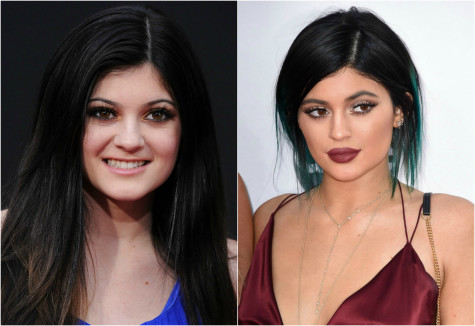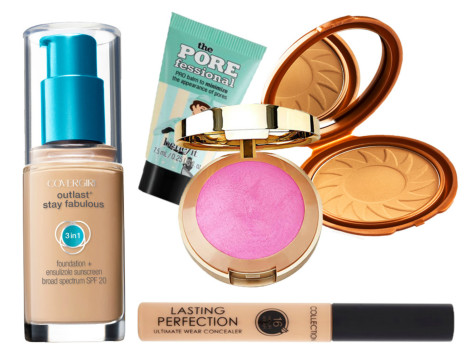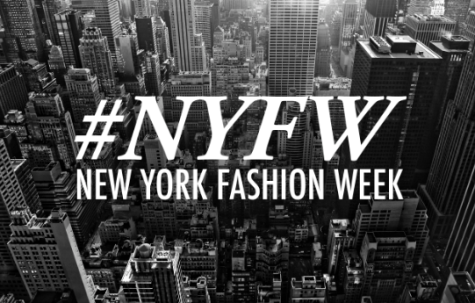The Great Hypocrite and The Fast Fashion Industry
It all started a couple of weeks ago. In my economics class, we watched a video called “The Story of Stuff”, which showed the cycle of goods from how resources get extracted to how they get disposed after consumption. While watching this video, I was reminded of an article I had absentmindedly read a few months ago. The article “I don’t buy fast fashion, & apparently people don’t like me because of it” was written by Alden Wicker and published by Refinery 29, an entertainment/fashion website for women.
First of all, what is fast fashion? Fast fashion is a term used to describe all merchandise that conforms to trends and is distributed to the masses at a cheap price. Going back to the article, it mentions a study that came out in January of 2016, which was conducted with 174 undergrads at Ohio State University’s Fisher College of Business. The study showed that “not only do most people choose to remain willfully ignorant of the conditions in which their clothing is made, they look down at the consumers who do care.” That, indeed, is the status quo. I know more than a handful of people (myself included) that know about the not-so-glamorous side of the clothing industry: child labor, exploited workers in developing countries, and inhumane conditions. Yet, we (reluctantly) choose to support the brands that are behind these atrocities by continuing to buy their merchandise.
We know the line that’s drawn between something that is ethical and something that isn’t. But what’s stopping us from making the “ethical” decision? The most obvious reason is the fact that it’s just more convenient to ignore the “elephant in the room.” We continue to buy clothes from H&M and shoes from Nike because we aren’t directly affected by our shopping choices. When I buy that $12 shirt (which I got on sale for $8) I only think ‘What a steal!’ Seldom, I think about the sweatshops behind the brand.
Price competitiveness is something we can’t ignore. Stores like Forever 21 target a young audience, and their hard-to-beat prices make teenagers like you and I flock to the stores. However, most ethical and sustainable brands have hefty prices, more than two times the price of their counterparts. Next, fast fashion brands have a huge advantage over other brands: accessibility. Go to a mall or shopping center, and look around. 90% of the clothing stores are stores you probably heard of. Consequently, almost 100% are probably fast fashion stores. One of the features in human nature is that we love familiarity, and our shopping habits don’t beg to differ. Let’s say I give you a list of couple of stores, and ask you to choose one: Everlane, the Reformation, Adidas, and Kowtow. Which one would you choose?
At the end of the day, there is one lingering question: Should you buy clothes that are easy to find and cheap but “unethical”? Or should you take the extra mile and spend extra dollars on merchandise from a brand you’ve never heard before? Today, I find myself in this dilemma. It’s been months since I’ve read the article, and I still find myself succumbing to society’s epitome of trends. Sometimes I feel guilty, but most of the times, I brush the feeling off.
In the next few years, I hope that more people are aware of this issue, and an ethical shopping mindset becomes “mainstream”. In the next few years, I hope that ethical shopping becomes less of a daunting topic than it is now. Lastly, in the next few years, I hope that I’m not such a hypocrite.






